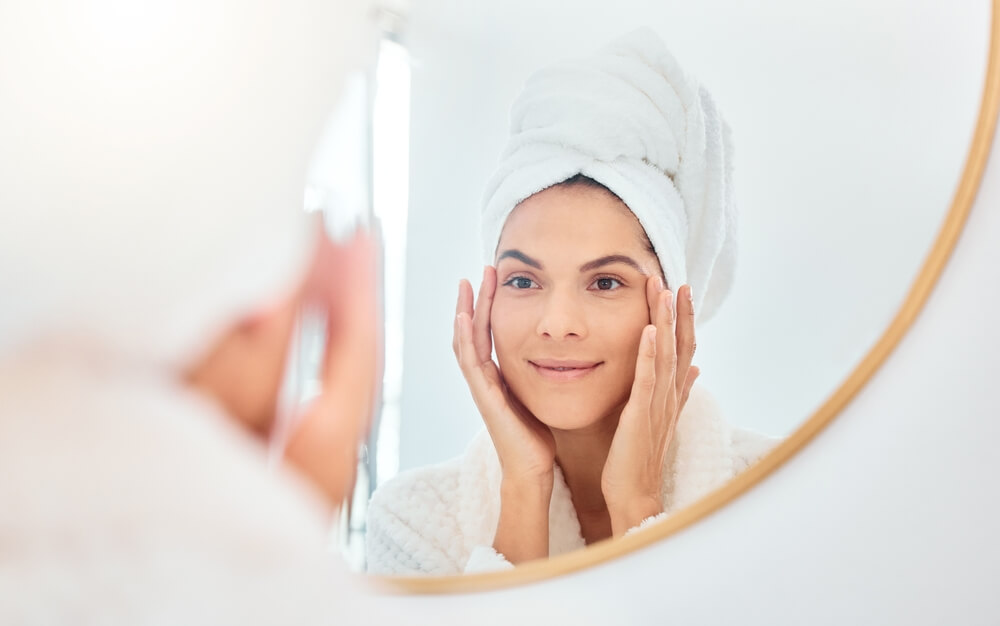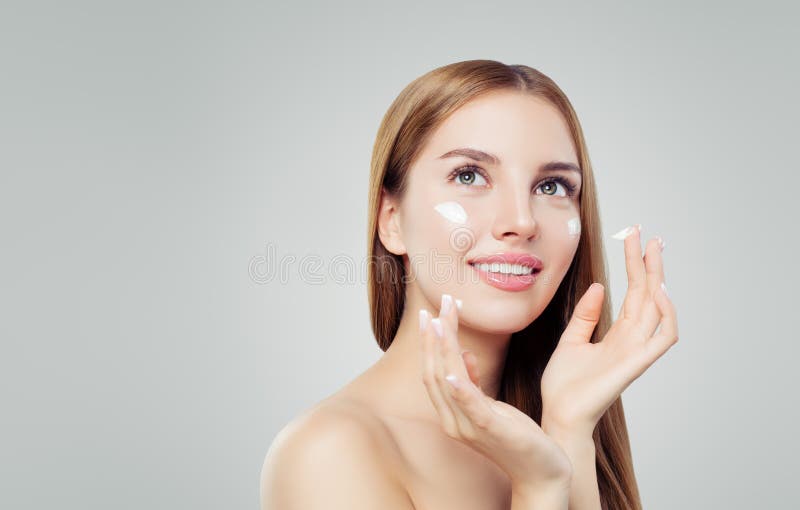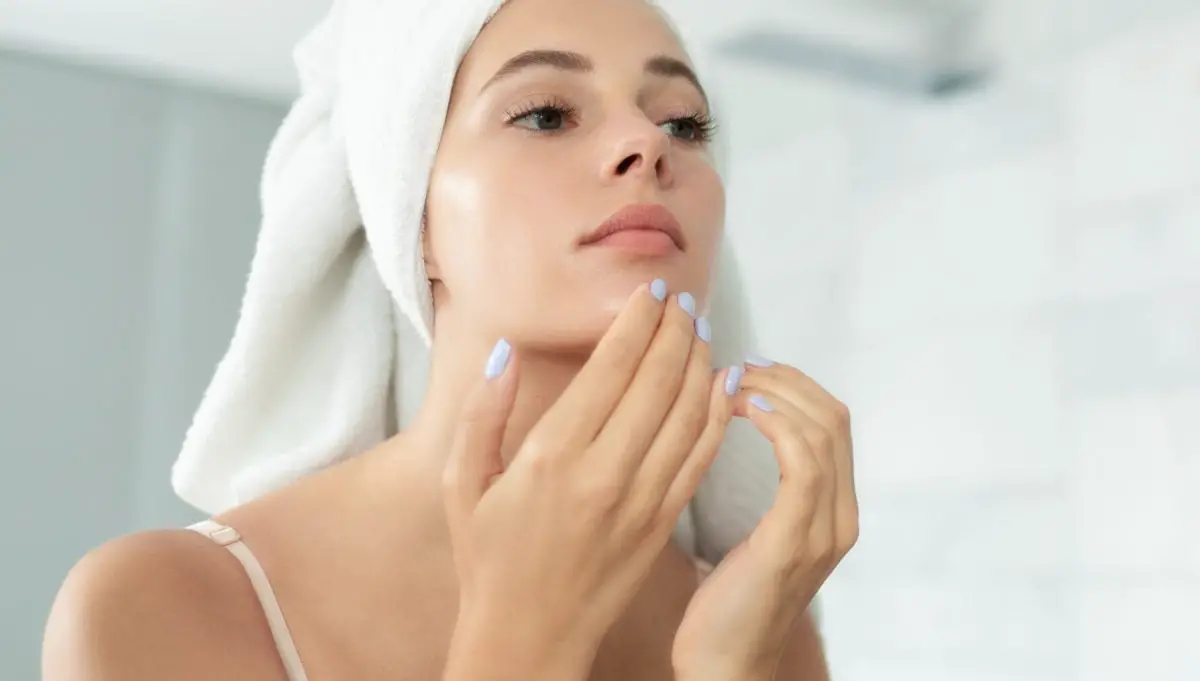How to Prevent Clogged Pores: Tips for Clearer Skin
For beauticians, understanding how to prevent clogged pores is essential for maintaining the skin health of clients. Clogged pores can lead to a myriad of skin issues, including acne and dullness, which is why it's crucial to address them effectively. In this article, we will explore practical and professional strategies to ensure your clients' skin remains clear and radiant.
Clogged pores are a common concern, often resulting from a combination of excess oil, dead skin cells, and impurities. As a beautician, your role is to guide clients in maintaining a skincare routine that minimizes these factors. This involves educating them on the importance of regular cleansing, exfoliation, and the use of suitable skincare products.

The Anatomy of Clogged Pores
Understanding the anatomy of clogged pores is fundamental. Pores are tiny openings in the skin that allow sweat and sebum to reach the surface. When these become blocked, it can lead to blackheads, whiteheads, and eventually, acne. The primary goal is to keep these passages clear for optimal skin function.
The first step in preventing clogged pores is identifying the root cause. Factors such as excessive oil production, hormonal changes, and environmental pollutants can contribute to pore congestion. A thorough skin analysis helps in tailoring personalized skincare solutions.
Professional Cleansing Techniques
Cleansing is the cornerstone of any skincare routine. For a more detailed guide on choosing the right cleanser, visit how to choose a facial cleanser. It's important to choose a cleanser that suits the client's skin type and addresses specific concerns. Gel-based cleansers are typically recommended for oily skin, while cream-based formulas are ideal for dry skin.
Incorporate double cleansing into the routine, which involves using an oil-based cleanser followed by a water-based one. This ensures that all traces of makeup, dirt, and excess oil are removed, leaving the skin clear and ready for further treatments.
Exfoliation: The Key to Unclogging Pores
Exfoliation is crucial to remove dead skin cells that can contribute to clogged pores. For a comprehensive understanding of skin detoxification, refer to how to detox your skin. Use gentle exfoliants that avoid irritation and incorporate ingredients like alpha hydroxy acids (AHAs) and beta hydroxy acids (BHAs) to penetrate and clear the pores effectively.
Regular exfoliation not only helps in unclogging pores but also promotes cell turnover, revealing fresher, healthier skin. Advise clients to exfoliate 1-3 times a week, depending on their skin sensitivity.
Moisturizing Without Clogging
Moisturizing is often overlooked in the fight against clogged pores. However, maintaining proper hydration is vital. Opt for non-comedogenic moisturizers that hydrate without blocking the pores. For more insights into moisturizing and skin health, you might find does collagen help skin informative.
Emphasize the use of lightweight, oil-free moisturizers, especially for clients with oily or acne-prone skin. Products containing hyaluronic acid are excellent choices as they provide deep hydration without heaviness.
Using Specialized Treatments
For persistent clogged pores, consider incorporating specialized treatments such as chemical peels or microdermabrasion. These procedures can deeply cleanse the skin and improve its texture. Always ensure these treatments are performed by a licensed professional.
Additionally, recommend products with ingredients like salicylic acid or benzoyl peroxide that help maintain clear pores. These can be used as spot treatments or as part of a regular skincare regimen.
For a simplified skincare routine, check out this guide from Vogue.
FAQ
What causes clogged pores?
Clogged pores are primarily caused by a buildup of oil, dead skin cells, and dirt. Hormonal changes and environmental factors can also contribute to pore congestion.
How often should clients exfoliate to prevent clogged pores?
Clients should exfoliate 1-3 times a week, depending on their skin type. Over-exfoliation can lead to irritation, so it's important to assess skin sensitivity.
Are there specific ingredients to look for in products to prevent clogged pores?
Yes, look for non-comedogenic products with ingredients like salicylic acid, benzoyl peroxide, and hyaluronic acid. These help to cleanse, treat, and moisturize without clogging pores.

Conclusion
By following these expert tips on how to prevent clogged pores, beauticians can significantly enhance their clients' skin health and appearance. Implementing a consistent, tailored skincare routine and using the right products can make a world of difference. Always stay updated with the latest in skincare to provide the best advice and treatments. For more skincare tips, explore the section on skincare for dark skin tones.
This article contains affiliate links. We may earn a commission at no extra cost to you.

